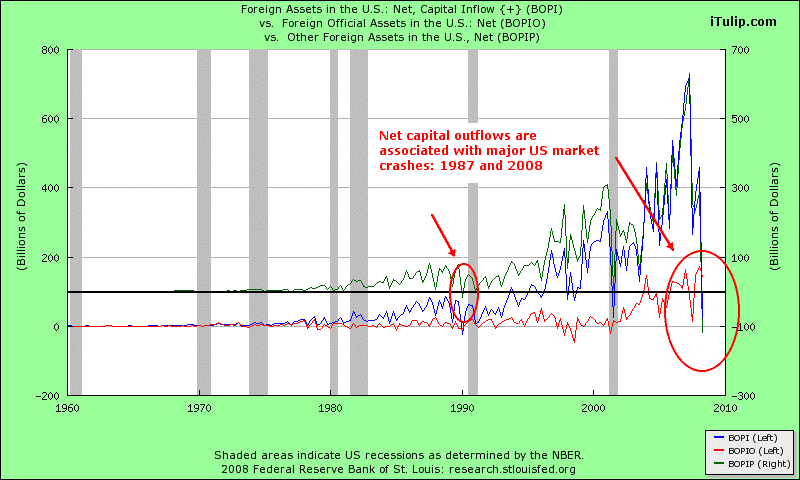Re: Not a crisis, an epiphany: the FIRE Economy is not coming back
I'm speaking well outside my area of knowledge, but as I recall reading here that one outcome of WWII was that the United States held 80% of the world gold reserves after WWII. That coupled with the fact our infrastructure had not been destroyed put the US at an advantage following WWII.
I'm not sure that's the outcome I'd expect from Iraq and Afghanistan.
Originally posted by FRED
View Post
I'm not sure that's the outcome I'd expect from Iraq and Afghanistan.



Comment